If you have a child in school, chances are you have heard about lockdown drills.
Like fire drills, tornado drills, or even the retired nuclear bomb drills, lockdown drills teach children how to respond in a dangerous situation. Drills of any kind can be frightening or even traumatizing for children, but practicing how to respond to an active shooter can be particularly challenging.
Why do we need lockdown drills?
Since 2013, there were at least 934 incidents of gunfire on school grounds, resulting in 321 deaths and 652 injuries. As a result, active shooter drills – or lockdown drills – have increased significantly. While the thought of an active shooter on school grounds can be deeply upsetting for children, knowing how to react and respond to a situation can be lifesaving.
How can you prepare your child for these drills?
Whether your child is starting school for the first time, returning to their school, or switching schools, talking to them about lockdown drills can help reduce anxiety related to the drills.
The best way to prepare your child for a lockdown drill is to understand what type of drill they will be experiencing as lockdown drills vary from school to school. Some schools utilize gunshot sounds and fake smoke where others have law enforcement teach children defensive maneuvers such as hiding, evaluating when to evacuate the building, or even how to fight back. It is also possible that the school will not communicate the event is only a drill until after it is complete.
If asked, most schools are willing to inform parents of the school’s drill procedures including how often the drill is conducted, whether any props or effects are used, how the drill is communicated with students, the protocols students are asked to follow, and post-drill communication or support provided. This information can be shared with your child in preparation for future drills.
Your child may have questions about the drills or about events in which active shooters were in schools. Answering these questions and having an open conversation can also help prepare your child for drills.
How can you manage your child’s mental health during lockdown drills?
If your child has trauma history or mental health conditions that can be triggered by a lockdown drill, it is important to communicate required accommodations with the school. This could include advanced warning of a drill to either prepare your child for the event or to remove them from the classroom for the drill. If participating in the drill is too upsetting for your child, the school should provide an alternate way in which they can prepare in a way that is safe for them. This could include a one-on-one conversation reviewing the protocols or a worksheet.
If your child is able to participate in lockdown drills, ask your child to inform you whenever there is a drill in school. Some schools may inform parents, though this is not standard practice. When you learn about a drill, ask your child to tell you about it. Ask them about the procedures, what the drill entailed, and most importantly – how they are feeling about it. They may have been scared in the moment only to overcome that feeling later, or they may still be feeling unnerved about the situation. Talk through the feelings they experienced and let them know that you are always willing to listen if they need to talk further.
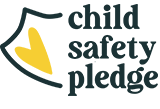
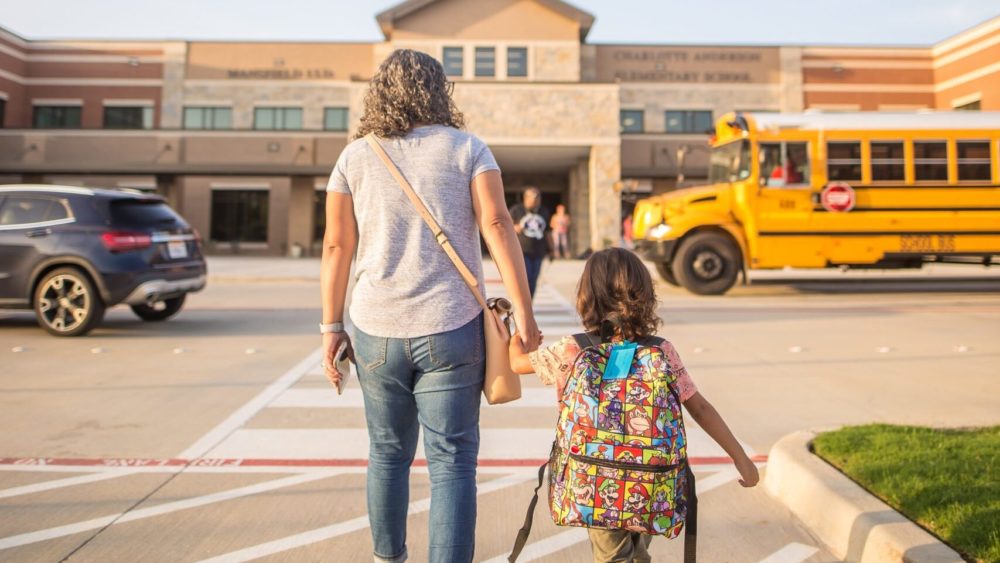




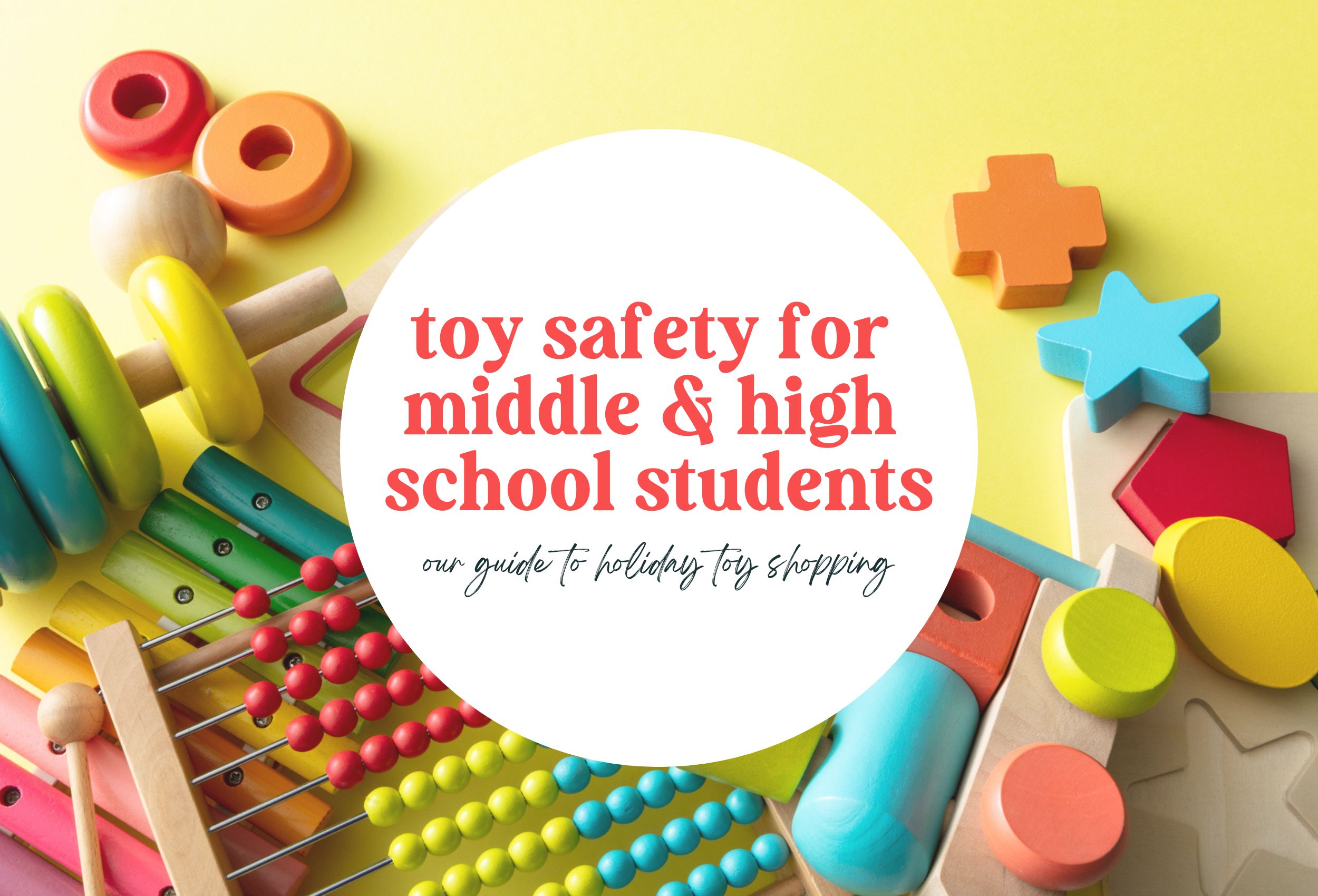
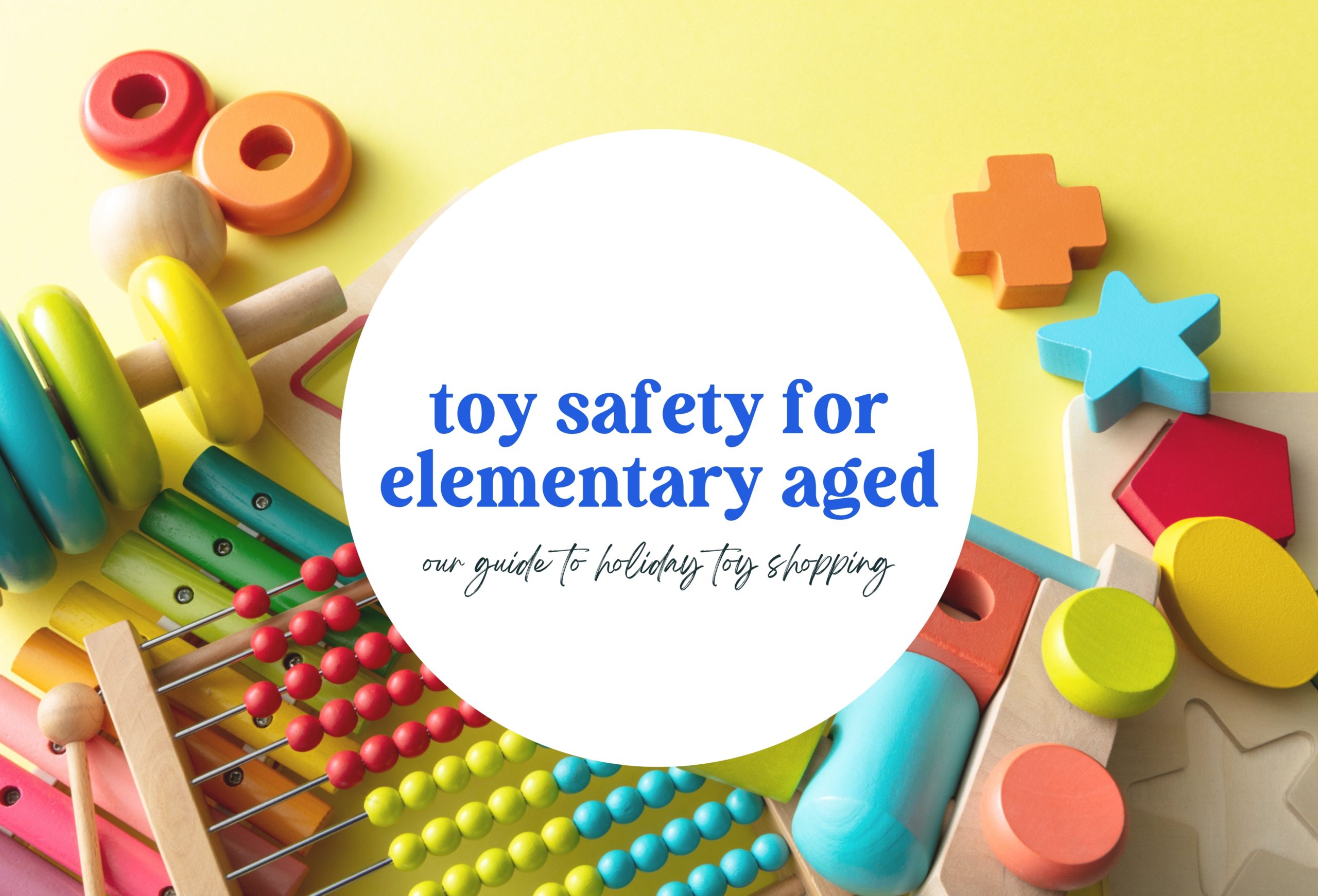


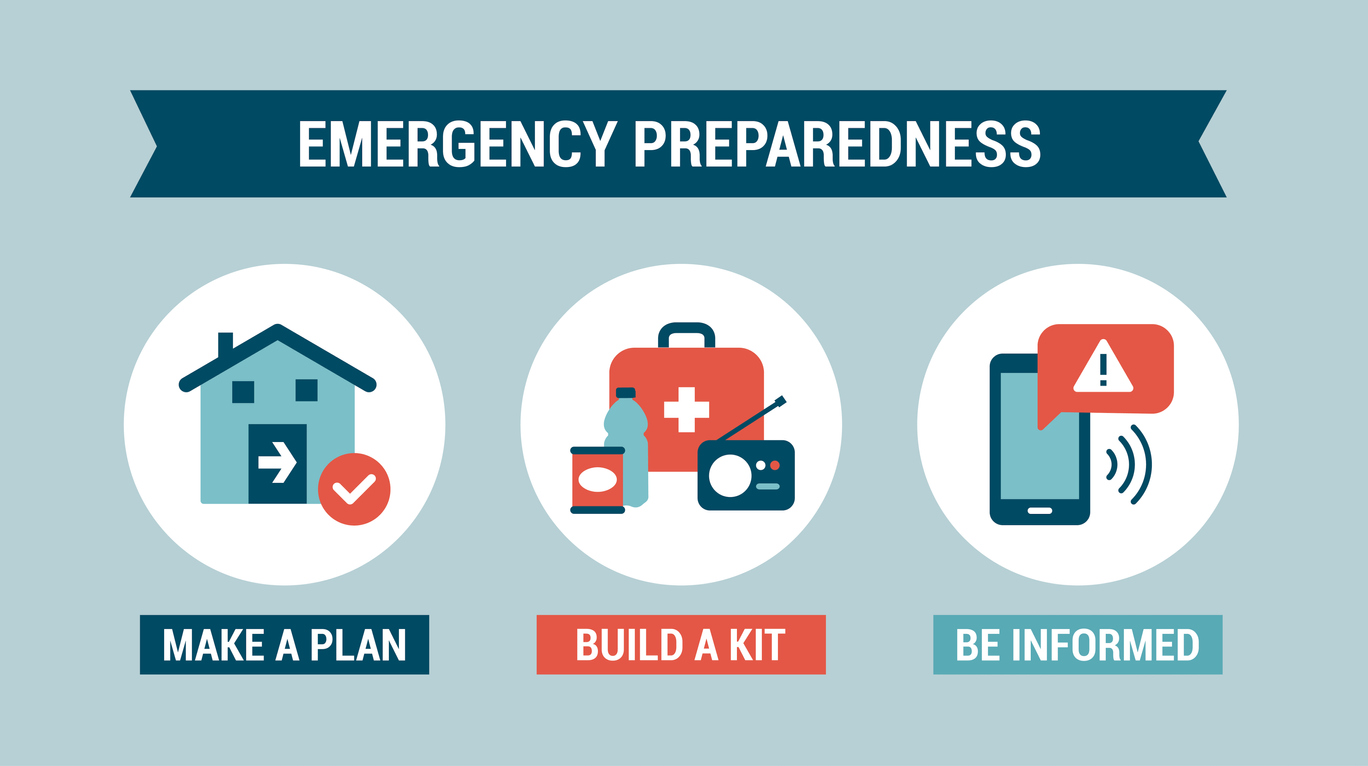
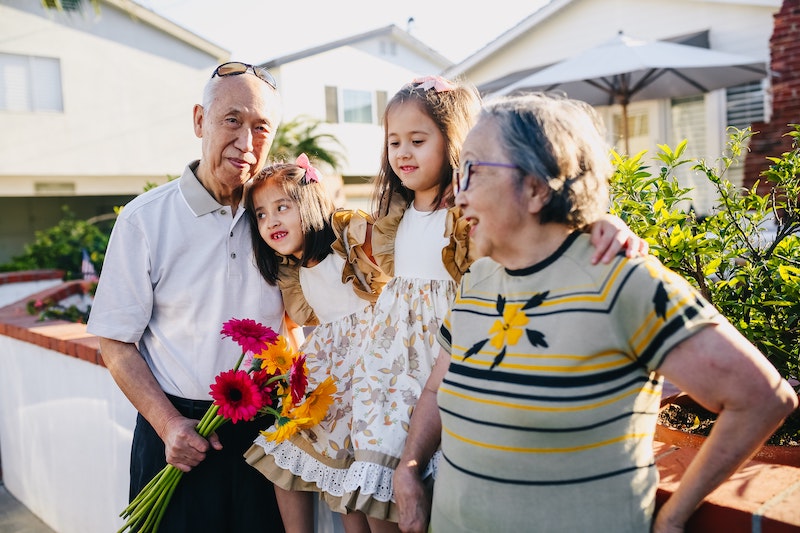
Comments are closed.